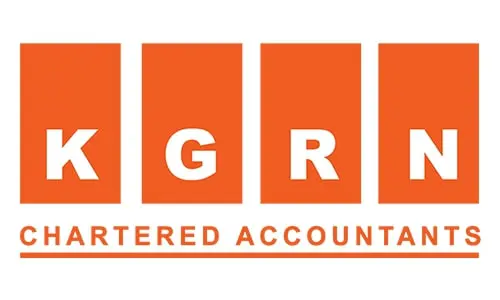Public Accounting Firm vs Private Accounting Firm : Accounting is one of the most advantageous applications of a business degree because it opens the door to a wide range of job opportunities. Accounting is generally concerned with the recording and analysis of commercial transactions in their various forms. Accountants provide financial data to organisations so that executives can make informed and cost-effective business decisions. Accounting experts also contribute to the ethical and productive operation of a business.
- Accounting occupations are divided into two categories: public accounting and private accounting.
- Public accountants provide a wide range of services, including auditing, taxation, advising, and consulting.
- The Big Four accounting firms (KGRN) are the world’s largest accounting firms by market capitalization.
- In public accounting, you will have the opportunity to deal with a varied range of clients while also working towards earning your certification as a certified public accountant (CPA).
- Individuals who work in private accounting are concerned with the internal operations of enterprises, government agencies, and other government-related organizations.
- Private accountants provide specialized services to corporations and are critical to the success of an organization. As a result, a considerable percentage of public accountants find employment in the private sector once they leave the government.
If you’re interested in pursuing a career in accounting, which is a vital and constantly evolving industry, earning an online accounting degree maybe your best option. Accounting degree programs, such as those offered at Concordia University, St. Paul, can prepare students to compete for positions in the accounting field. We’ve put together a complete reference on working in both public and private accounting to help you decide if a career in public or private accounting is a good fit for your skills and interests.
Accountants in the public sector against accountants in the private sector
Public accountant training includes evaluating accounting systems, gathering data, and conducting tests to determine whether or not a corporation is operating efficiently. A public accountant must also be familiar with the financial statement accounting standards that are required for the profession. Private accountants, on the other hand, are educated and qualified to perform a wide range of accounting duties for their clients, including accounts payable and billing. Private accountants’ knowledge base may be limited to the specific work at hand.
- Depending on their customers, a public accountant may have a wide range of experience in a variety of fields. A private accountant is more likely to have knowledge that is specific to his or her industry.
- Private accounting does not necessitate the possession of a CPA certification, but public accounting does. Other certifications, on the other hand, are available for use in private accounting.
- The career path of a public accountant is straightforward: they will either work as an auditor and audit manager before becoming an audit partner or in tax accounting before becoming a partner in the firm.
- Tax accountants deal with tax returns and other forms of tax record keeping, whereas audit partners are in charge of managing audit relationships and soliciting new business.
Private accounting job pathways are more likely to diverge than public accounting career routes. They can start in any of a number of different specialties and work their way up to the position of assistant controller. Accountants who work in private practice can advance to positions such as controllers or chief financial officers in the future (CFOs). In addition to all internal accounting duties, CFOs are also in charge of treasury and risk management in addition to investor relations.
Public accountants may work in a demanding environment that requires them to travel frequently, work long hours, and meet strict deadlines. The majority of private accountants work in offices where they are not required to travel and have a consistent work schedule and location. Because of these factors, private accounting is frequently regarded as a more stable option in terms of day-to-day employment opportunities.
To succeed in either style of accounting, good interpersonal skills must be developed. A public accountant must be self-assured when conducting customer interviews and troubleshooting computer system problems, among other things. They are frequently required in their roles to provide constructive criticism on their clients’ work. They work with a variety of departments within their companies as private accountants and must be able to perform well in group situations requiring community involvement.
Because of the difficulties involved in assessing and criticising the work of other accountants, public accounting is not for everyone. Because experts create commercial transactions and report on their effectiveness, private accounting occupations provide a higher level of job satisfaction than public accounting occupations.
The vast majority of accountants start their careers in public accounting or auditing. It is a less appealing long-term career option due to the requirement for an assessment function. It does, however, allow you to gain a broad range of experience during your early years in a job. As a long-term career option, private accounting is becoming increasingly popular.
Public accounting and private accounting are, in general, diametrically opposed. Both professions have the same basic job duties, competencies, and educational requirements.
When students enter the workforce and begin to put their newly acquired knowledge and abilities to use, there are noticeable distinctions amongst them. In exchange for what some may consider being increased stress, public accounting offers specialization as well as the chance for rapid progression within the field.
Accounting in the private sector is more reliable and adaptive than accounting in the governmental sector. Accounting professionals are likely to work in both the public and private sectors during the course of their careers.







